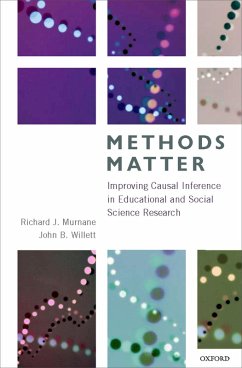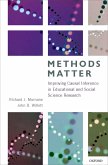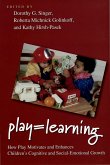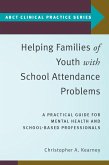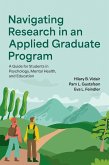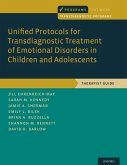Educational policy-makers around the world constantly make decisions about how to use scarce resources to improve the education of children. Unfortunately, their decisions are rarely informed by evidence on the consequences of these initiatives in other settings. Nor are decisions typically accompanied by well-formulated plans to evaluate their causal impacts. As a result, knowledge about what works in different situations has been very slow to accumulate. Over the last several decades, advances in research methodology, administrative record keeping, and statistical software have dramatically increased the potential for researchers to conduct compelling evaluations of the causal impacts of educational interventions, and the number of well-designed studies is growing. Written in clear, concise prose,
Methods Matter: Improving Causal Inference in Educational and Social Science Research offers essential guidance for those who evaluate educational policies. Using numerous examples of high-quality studies that have evaluated the causal impacts of important educational interventions, the authors go beyond the simple presentation of new analytical methods to discuss the controversies surrounding each study, and provide heuristic explanations that are also broadly accessible. Murnane and Willett offer strong methodological insights on causal inference, while also examining the consequences of a wide variety of educational policies implemented in the U.S. and abroad. Representing a unique contribution to the literature surrounding educational research, this landmark text will be invaluable for students and researchers in education and public policy, as well as those interested in social science.
Dieser Download kann aus rechtlichen Gründen nur mit Rechnungsadresse in A, B, BG, CY, CZ, D, DK, EW, E, FIN, F, GR, HR, H, IRL, I, LT, L, LR, M, NL, PL, P, R, S, SLO, SK ausgeliefert werden.

